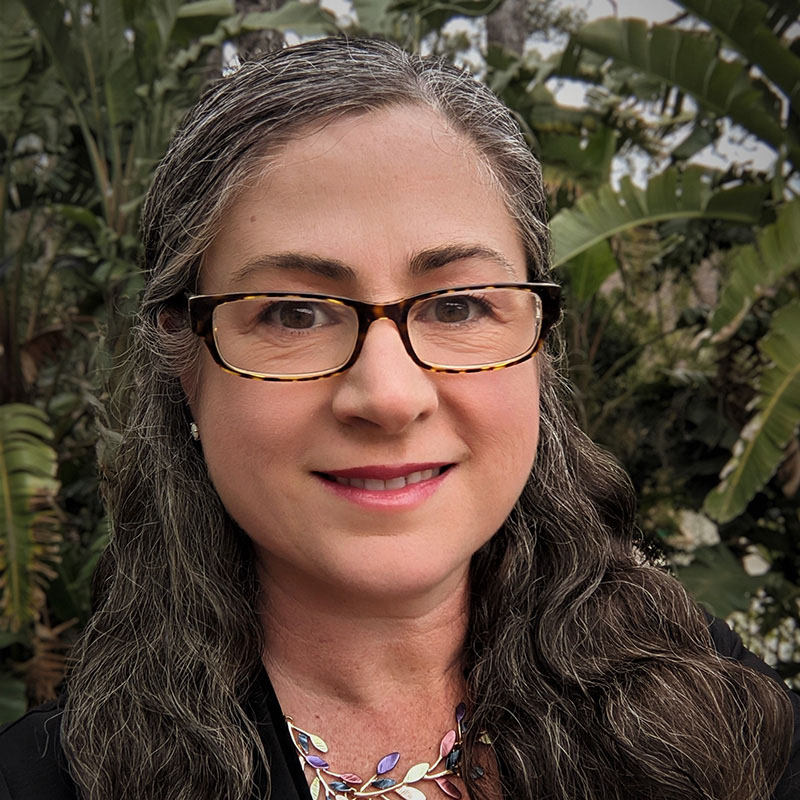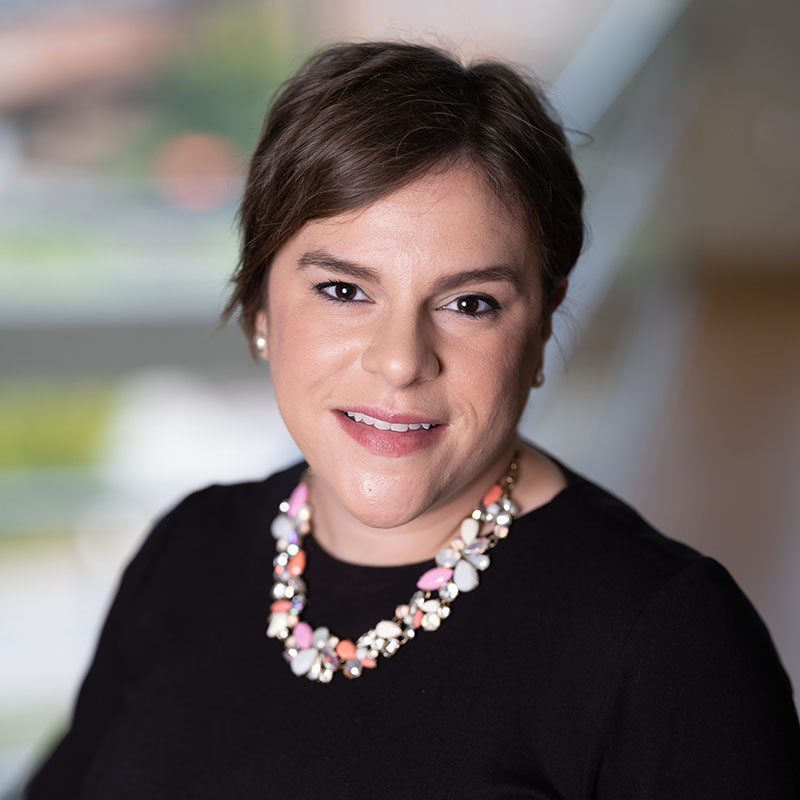Event Series
Perspectives on Cancer and Aging
Aging is a risk factor for cancer, and evidence suggests that cancer and its treatments can accelerate aging. A central aim of geroscience is to develop interventions that slow, reverse, or stop the detrimental molecular and cellular changes that occur with aging to improve health and reduce disease burden, including cancer and cancer-related outcomes. Over the last decade, researchers have made significant progress on multiple iterations of biomarkers and diverse aging clocks that can assess one’s rate of aging relative to the general population. Aging clocks have been trained and tested on a wide range of epigenome, proteome, microbiome, and imaging data. Recently, these clocks have been used to predict cancer risk and treatment-related outcomes in cancer survivors.
On June 20th, the webinar centered on biomarkers of aging and their use in cancer survivorship studies. Speakers discussed how biomarkers of aging or aging clocks are being used in cancer research and where they see knowledge gaps, challenges, and future opportunities for research and clinical use.
This webinar is a collaboration between the Perspectives on Cancer and Aging: The Arti Hurria Memorial Webinar Series and the NIA Aging Clocks Series.
Speakers

Assistant Professor,
Department of Surgery,
Division of Supportive Care in Cancer,
University of Rochester Medical Center and
James P. Wilmot Cancer Institute

Associate Professor,
Endowed Chair, George F. Solomon Professorship in Psychobiology,
David Geffen School of Medicine at UCLA,
Department of Psychiatry & Biobehavioral Sciences,
Cousins Center for Psychoneuroimmunology

Assistant Professor,
Department of Surgery,
Division of Supportive Care in Cancer,
University of Rochester Medical Center and
James P. Wilmot Cancer Institute
Moderators
Senior Scientist and Program Director,
Clinical and Translational Epidemiology Branch,
NCI Epidemiology and Genomics Research Program
Branch Chief,
Basic Biobehavioral and Psychological Sciences Branch,
NCI Behavioral Research Program

